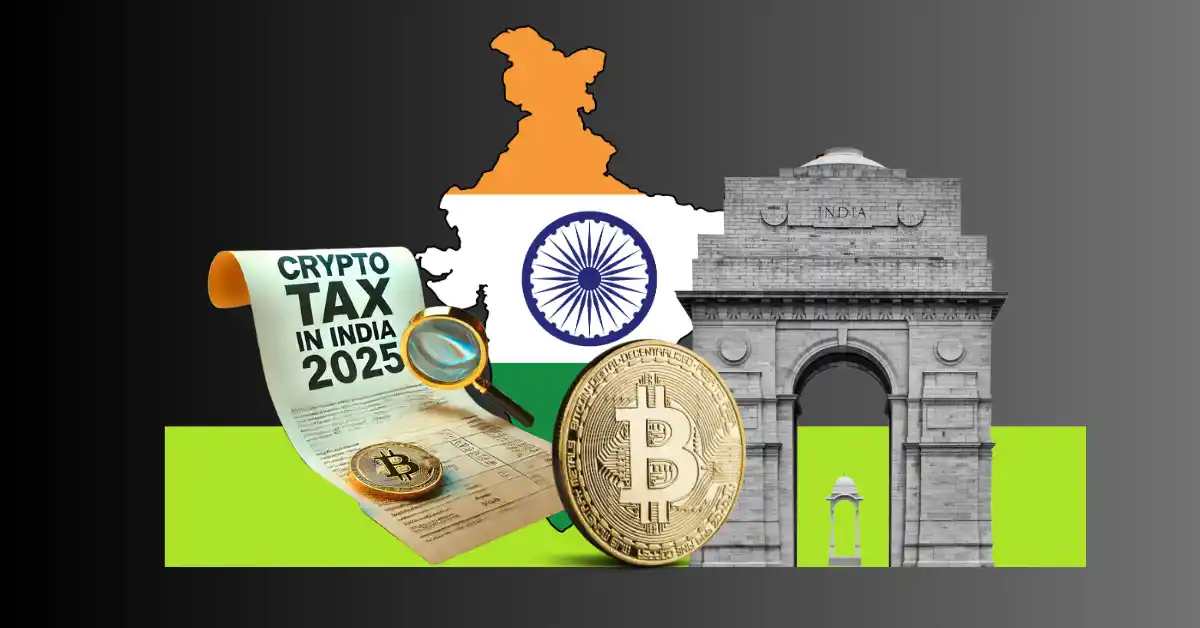
Understanding India’s Cryptocurrency Tax and Regulatory Landscape
India’s cryptocurrency sector is at a pivotal moment, with the government stepping up efforts to streamline the regulatory framework for Virtual Digital Assets (VDAs). This shift comes as crypto platforms face major challenges such as high taxes, unclear regulations, and liquidity-related issues. The Central Board of Direct Taxes (CBDT) is exploring ways to address these concerns and create a conducive environment for the industry to thrive.
The Impact of India’s Current Crypto Tax Policies
The 1% tax deducted at source (TDS) imposed by the Indian government has been a significant point of contention for the crypto community. Industry leaders argue that this high rate has dampened trading activity on Indian exchanges, prompting several companies to relocate to crypto-friendly hubs like Dubai. Proposals to reduce the TDS to 0.01% were denied by the government, citing the need to maintain robust tax compliance in this high-risk sector.
Lack of Clarity on Trading Standards and Cross-Border Transactions
The CBDT has raised important questions surrounding derivative trading, cross-border transactions, and the definition of VDAs. Platforms have been urged to evaluate their readiness to adapt to global standards, such as the OECD Crypto-Asset Reporting Framework (CARF). These steps aim to establish India’s crypto industry as globally competitive and transparent.
The Call for a Comprehensive Regulatory Framework
A comprehensive and well-defined regulatory framework could play a transformative role in India’s economy. Industry leaders suggest that such measures could create over 7 million jobs and attract $2 billion in foreign investment annually. According to Sudhakar Lakshmanaraja, Founder of Digital South Trust, India is uniquely positioned to become a global leader in the Web3 space. A clear focus on regulatory clarity is not just a necessity but also an opportunity to drive innovation and financial inclusivity.
Products Worth Exploring for Web3 Enthusiasts
If you’re an enthusiast in the crypto or blockchain space, consider investing in advanced hardware wallets like the Ledger Nano X to securely store your digital assets. For up-to-date market insights, tools like CoinGecko can support your trading decisions with reliable data.
India’s Next Steps in Crypto Regulation
The government aims to determine which agency—SEBI, RBI, MeitY, or FIU-IND—should oversee crypto laws. The ongoing discussions in India’s legislative and industry circles reflect a concerted effort to pave the way for a sustainable crypto ecosystem. With potential policies promoting transparency and inclusivity, the future of crypto in India holds remarkable promise.





